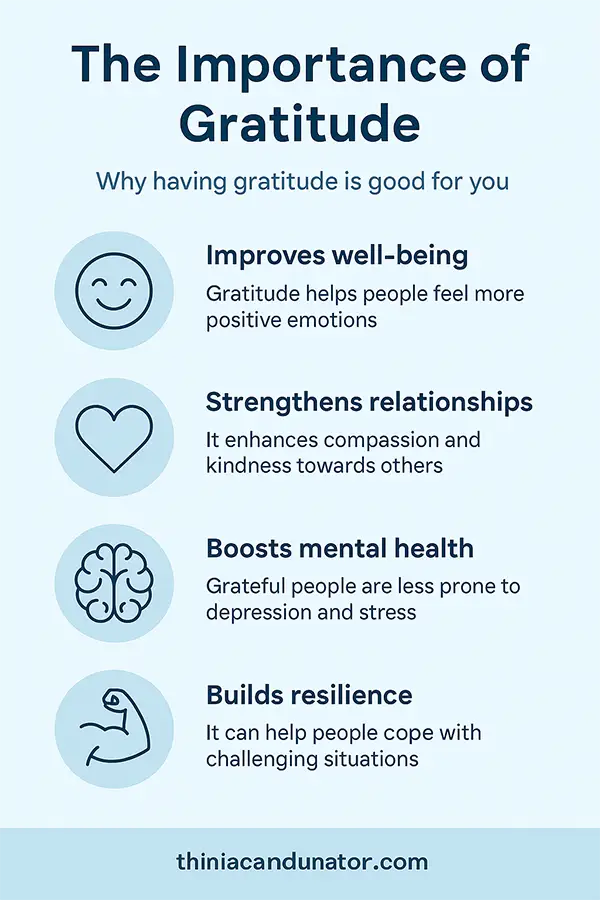
KEY TAKEAWAYS
- Tough days abroad build resilience through real-life problem-solving experiences.
- Struggles teach adaptability by forcing quick decisions in uncertain situations.
- Resilience and calm under pressure are more valuable than perfect plans.
- Hardship abroad reshapes perspective, making everyday challenges feel smaller.
A new report from the Institute of International Education revealed that in 2023, over 4.7 million students participated in overseas studies, demonstrating the trend of learning from other cultures.
They’re those moments of hardship while you’re abroad, whether it be language misunderstanding, missing your home base, or running into other challenges that will become the most defining. They teach adaptability, strengthen problem-solving skills, and provide lessons you cannot learn in a classroom and have value to take far beyond the trip itself.
In this article, we will explain why there is so much value in experiencing those tough days while abroad, how they can change perspectives, and how even the struggles can evoke feelings like, “someone write my essay for me“, while you are in the experience.
What a Tough Day Abroad Really Looks Like
Hard days usually arrive as a chain, not a single link. You miss the last train to a small town. Your phone dies just as you start searching for a bus. At the counter, your words and hand signals collapse into confusion, and you walk away without gaining any real clarity. Dusk settles over a city, cold air slides off the mountains or from the ocean, and homesickness hits like a wave. In that quiet, with few tools and fewer certainties, real learning begins.
The lesson is simple to name and hard to practice: keep moving with a clear head. You learn to inventory your options, choose a path, and take the next step. You begin to accept what the day withholds and preserve your energy for what it could still offer.
Resilience: the Skill You Did Not Expect to Train
Resilience lets you bend without breaking. No lecture or textbook installs it. It builds under pressure, one choice at a time. Lose your wallet yet manage the city, or recover direction without a map, and you gain strength you can truly sense.
Comfort dulls this muscle. Strain wakes it up. You start solving problems on contact: scan the scene, strip the problem to essentials, act, and then adjust. Calm turns into a skill, not just a feeling. Years later, no recruiter will value a flawless Eiffel Tower photo. A clear story about making an appointment during a transit strike in a language you barely speak will carry weight. That is resilience in action, earned through effort.
Perspective and the Surprise of Gratitude
A really tough day abroad reshapes your perspective. Once you overcome it, everyday annoyances back home feel far less significant. A late bus, a dense email thread, a mild social misread: you handle them with more room to breathe because you have met bigger problems and kept going.
This change pairs with gratitude that feels genuine rather than forced. Clear conversation, a stable support network, and knowing how your city works move from background noise to things you appreciate. The feeling lasts, and it guides you later. You come to appreciate stability and learn how to create a sense of it wherever you find yourself. Below, you can see why gratitude is important.

What You Actually Learn on the Worst Day
- Real-time problem solving: read the situation, narrow your choices, and build a workable plan when none is obvious.
- Self-reliance that holds: trust yourself to operate under uncertainty and still move forward.
- Cross-cultural communication that works: use patience, respect, and nonverbal cues when language fails.
- Emotional steadiness: notice panic or frustration, lower the volume, and act on what matters.
- True adaptability: release the perfect plan and choose a different route that still reaches the outcome.
How to Work Through the Moment
Preparation helps, and mindset carries you. Start by pausing for one slow breath. Check safety first. Next, identify the smallest step that brings you closer to help: seek light, locate people, spot an open door, or use a map. Ask simple questions and accept imperfect answers. If you hit a wall, change the question or the person. Keep notes on what you tried so you do not loop.
Treat your energy like a limited budget. Warmth, water, and rest come before the perfect solution. When possible, call or text your check-in contact, keeping your updates brief, clear, and focused only on essential details. If you cannot reach anyone, set a time box for your current plan, then switch tactics. Small wins matter: a seat on a bus, a place to charge your phone, a clear sign. Each one builds the next.
Putting It All Together
Study abroad delivers beauty and connection, and it also serves up tests you did not schedule. The tests teach courage, clarity, and care. They turn theory into muscle memory. They change what you think you can do.
When the day goes sideways, do not measure yourself by the picture you planned to post. Judge the moment by your decisions, kindness toward others, and the composure you maintain—because the struggle is the true core of growth. Welcome it as a teacher. Learn the lesson. Then carry that quiet confidence into whatever comes next.
What do difficult days abroad teach students?
Difficult days abroad teach students resilience, adaptability, and problem-solving skills that can’t be learned in a classroom, which translate into sustainable lessons beyond the immersive study abroad trip.
What can students do to help with challenges while studying abroad?
Students should bring necessary items, remain calm, take small steps, and maintain balanced energy to work through unplanned travel challenges.
Why are difficult experiences important long-term?
Difficult experiences change perspective, create self-reliance, and foster confidence to deal with bigger challenges in students’ personal and professional lives.









